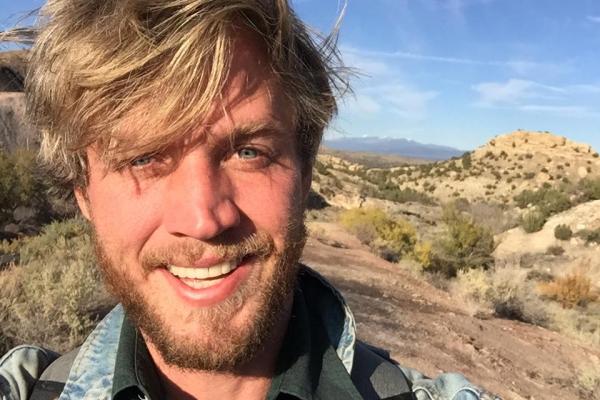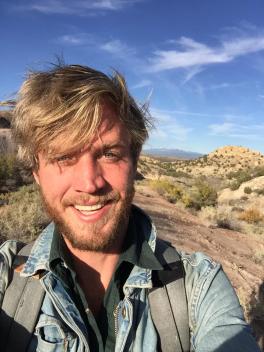
Colloquium: Dr. Brian Henning, École Polytechnique Fédérale de Lausanne (EPFL)
Effectively employing quantum field theory
Event Details
- Location: 1080 Physics Research Building, Smith Seminar Room
- Faculty Host: Eric Braaten

Abstract: Quantum field theory (QFT) governs the fundamental laws of our universe, and is arguably the most successful quantitative framework ever developed. At its core, it gives a concrete prescription to the thing physicists do best: identify the relevant degrees of freedom, use general principles to parameterize their interactions, and then (attempt to) solve their dynamics. While this approach is very powerful and broad in general, in practice we’ve only scratched the surface of potential applications.
This talk aims at extending the reach of QFT in several directions, highlighting the paths needed to unravel the microscopic physics currently probed in high energy scattering experiments. First, I will discuss a new nonperturbative approach—which employs spectral data obtained in a Hamiltonian framework—that provides the first general recipe to compute scattering amplitudes in strongly interacting systems, opening the door to many interesting applications, especially in QCD. Second, I will discuss the use of effective field theory (EFT) to disentangle arbitrary new physics from known physics. This paradigm shift from imagining new particles to imagining new interactions for known particles has been profound, and is well showcased through recently developed methods for systematically determining all interactions for SM particles. Such methods have found applications from data analysis at the LHC, to suggesting new searches at colliders, to studying scattering amplitudes with on-shell methods.
Bio: Brian Henning is a postdoctoral scholar at École Polytechnique Fédérale de Lausanne (EPFL) studying theoretical physics. He enjoys developing methods in quantum field theory to study real-world phenomena, and is especially interested in effective field theory and its application to electroweak/Higgs physics as well as nonperturbative continuum methods. He received his PhD from UC Berkeley in 2015 under the supervision of Hitoshi Murayama. After his PhD, he took up a postdoc position at Yale University from 2015 to 2018, followed by a five year postdoc in Switzerland split between the University of Geneva and EPFL.
